The Project Concept
While the largest resource to avail is saline water, desalination faces two main challenges to its sustainability: the energy consumption required for the process and the waste residual brine, that can have a serious environmental impacts.
Whereas the combination of Solar PV with Reverse Osmosis or Solar Thermal heat with Distillation processes has been developed along the recent decades into commercially available solar desalination solutions, the innovative integration of brine valorization and zero liquid discharge (ZLD) concepts aims at developing strategies to close the material loop, minimizing the liquid waste. The integration of these technologies results in a ZLD solar-powered desalination system – a circular economy scheme with the production of fresh water and recovery of valuable resources from the waste of the process.
Gathering the experience of three non-Widening (TOP) partners presenting some of the most outstanding background and Research Infrastructure (RI), at European level, in the development of Solar-driven water production and wastewater treatment technologies (WP&WT), Sol2H2O aims at supporting the Coordinator (WIDENING) partner in the development of establishment of high-level research in this field. Based on the outstanding WIDENING RI and background in Solar Energy technologies and on its preliminary experiences in the Water-Energy nexus field, Sol2H2O seeks the development and implementation of a common scientific strategy, with a strong focus on an enhanced capacity building of researchers, going beyond purely scientific capacities and strengthening their research management and administration skills.
By means of a common research strategy aiming at further developing Solar-driven Water-Energy Nexus solutions, Sol2H20 aims at creating a reference European facility for the development and testing of Circular Solar-driven Water Production & Treatment technologies, enabling the development of renewable gas or agriculture activities.
Key Objectives
Engaging three top-class leading partners around a scientific strategy for stepping up and stimulating scientific excellence and innovation capacity on Solar-driven Water-Energy Nexus solutions, Sol2H20 aims at enhanced networking with the Coordinator Widening partner, raising its research profile through the exploitation of their staff and infrastructural synergies in the establishment of a reference European facility for the development and testing of Circular Solar-driven Water Production & Treatment technologies.
Grounded on the development of a Joint Research activity (JRA) aiming at a Widening Research Infrastructure (RI) upgrade towards top-level collaborative research over a distributed and interlinked Research Facility, this Sol2H20 Twinning cooperation will promote an enhanced research, technical and administrative profile of the Widening partner after achievement of – measurable and verifiable – objectives/impacts.
- To raise UEvora research profile by means of cutting-edge Joint research with EU topclass leading partners CIEMAT, ITC and UNIPA.
- To raise the research, technical and administrative skills of UEvora staff.
- To steer Career Building and attractiveness for Young Researchers to UEvora.
- To enhance the networking of UEvora in scientific and Industry fora.
- To ensure the valorisation and impact of UEvora research.
Project WP Structure
Objectives
- To assure an efficient administrative/financial, quality and risk management of the project and to develop a suitable project management framework and tools integrating already existing components at the Widening partner with the management experience of TOP partners.
- To develop a concrete Cooperation framework fostering ensuing activities.
- To monitor efficiently the research and technical-administrative uplift of the Widening staff.
- To monitor and enhance Gender Equality measures and aspects.
Objectives
- To develop a “beyond state-of-the-art” vision on Circular Solar-driven WP&WT technologies.
- To upgrade the Widening RI enabling its ensuing use in Solar-driven WP&WT research and its remote access for distributed R&D activities with TOP and industrial partners.
Objectives
- To enhance the scientific capacities of Widening Young and Candidate Young researchers as to create a devoted research team in Sol2H2O scientific field.
- To engage two+ Candidate Young Researchers in the development of PhD Thesis in Sol2H2O research topics.
- To steer the Widening Sol2H2O Young Researcher profile to become a leading researcher in charge of the Widening research team by the end of the project.
- To enhance the attractiveness of research careers at the Widening institution by toping the access to cutting edge research and RI with “off work” life quality amenities available in the Widening context.
Objectives
- To enhance the development of a common policy alignment on MStechnologiesimplementation for various processes at different political and geographical levels.
- To enhance the development of a common European scientific alignment on the aforementioned technologies on already existing working-groups framework and/or the creation of new ones.
- To actively disseminate the Cross-Cutting Sol2H2O outcomes among industrial partners.
- To create the appropriated environment for the development of future common proposal to several funding opportunities within the topics covered by Sol2H2O.
Objectives
- To maximise Sol2H2O Widening Institution impacts by implementing Quadruple-Helix Model.
- To develop, maintain, and execute aPlan for Dissemination, Exploitation, and Communication (DEC) that maximises the project’s results, outcomes, and impacts.
Milestones
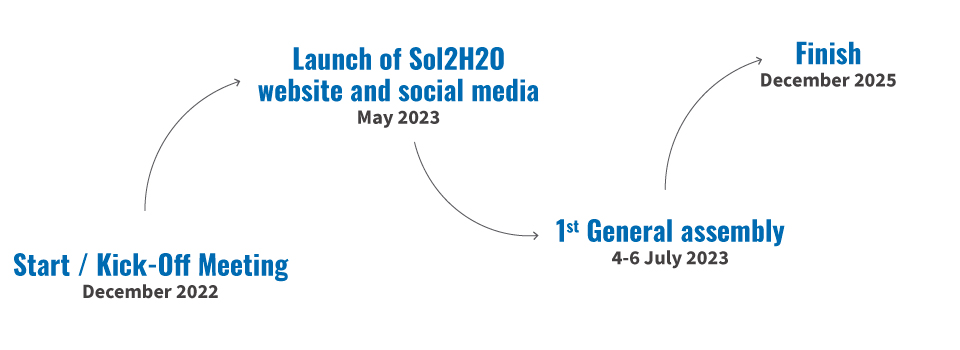
Consortium
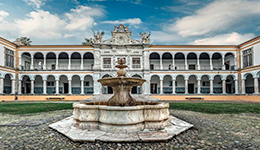
Universidade de Évora (UE)
Established in the XVI century, the University of Évora is the cornerstone High Education Institution in the region of Alentejo. Taking the responsibility over WP1 Coordination, as means of assuring the uplift of its WIDENING profile at research and technical-administrative level by means of engaging its research, Administrative, Innovation and Communication coordinated competencies and structure in both project management and coordination (WP1) and Dissemination, Exploitation and Communication activities (WP5);
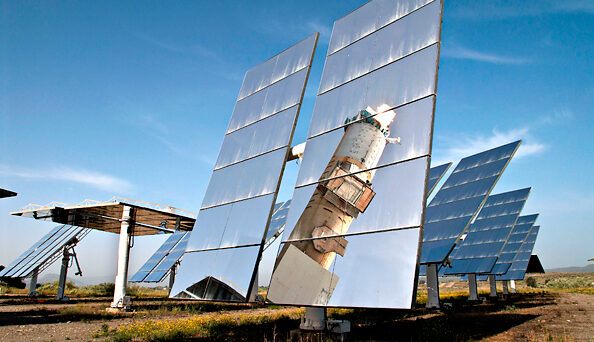
Centro de Investigaciones Energeticas, Medioambientales y Tecnologicas (CIEMAT)
CIEMAT is a Public Research Institution owned by the Spanish Ministry of Science, and Innovation. Since its founding in 1951, it has developed and led R+D projects in the fields of Energy, Environment and Technology, placing the institution at the forefront of science and technology. Taking responsibility over WP2 Excellence R&D, thus bringing the complementary background on their ongoing development of the these topics envisaged as one important pathway for the WIDENING-RI upgrade.
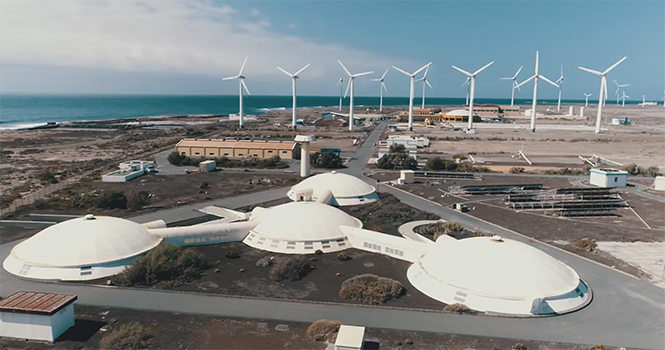
Instituto Tecnologico de Canarias (ITC)
ITC is the technology public body that advises the Regional Government of the Canary Islands. It was created in August 1992. The Institute carries out projects and services in the areas of Research, Development and Innovation, in close collaboration with universities, R&D institutions and companies of the Canary Islands and abroad. Taking responsibility over WP3 Career Building, thus bringing the capacity building background and experience to the coordination of training, tutoring and mentoring activities grounded on its outstanding RI and R&D experience in Sol2H2O scientific field.
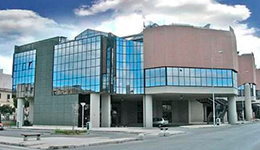
Universita Degli Studi di Palermo (UNIPA)
The Group participated in the past to 9 EU-funded projects on solar-powered desalination and salinity gradient power technologies, novel hybrid technologies for water desalination and energy storage, and valorisation of industrial brines via membrane processes separations and chemical reactions and presently works in 3 on-going EU-H2020 projects in this topic. Taking responsibility over WP5 Relevant Impact, thus bringing the complementary background on their ongoing development of its long-standing mission and experience of engagement with Policy, Scientific and Industrial actors, at both national and European levels.
Project WP Leaders
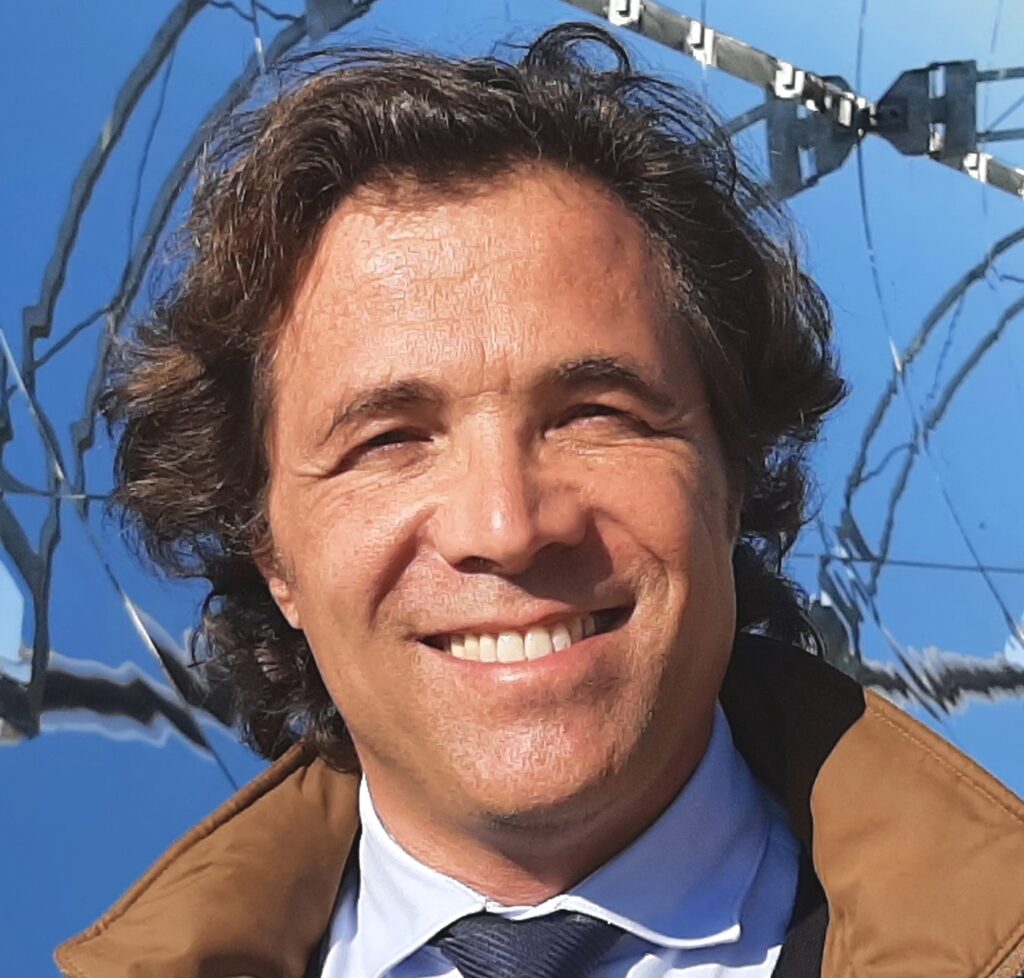
Pedro Horta – Project Coordinator – WP1 and WP5
Dr. Pedro Horta, Head of the Renewable Energies Chair at the University of Évora and Coordinator of INIESC – the Portuguese National Research Infrastructure in Solar Energy Concentration, has a 20+ years research career in solar energy technologies and applications. As Coordinator of INIESC – the Portuguese National Research Infrastructure in Solar Energy Concentration, aims at the strategic development of these research activities in line with the development of this research facility. Part of the ERIC Infrastructure EU-SOLARIS (ESFRI), its development aims at the demonstration of a solar energy driven Energy Transition energy system, capable of producing and storing different energy vectors: electricity, heat, hydrogen or renewable fuels and water – providing their inter-conversion and dispatching upon demand. Aiming at enhacing the conditions for the development of excellence research conditions in both UEvora RE Chair and INIESC Infrastructure, Pedro Horta is the Coordinator of two Horizon Europe Twinning projects, assuring high-level cooperation with DLR (Germany) and ENEA (Italy) in the field of solar applications with molten salts (SALTOpower) and CIEMAT (Spain), ITCanarias (Spain) and UNIPAlermo (Italy) in the field of solar desalination and water treatment (Sol2H2O).
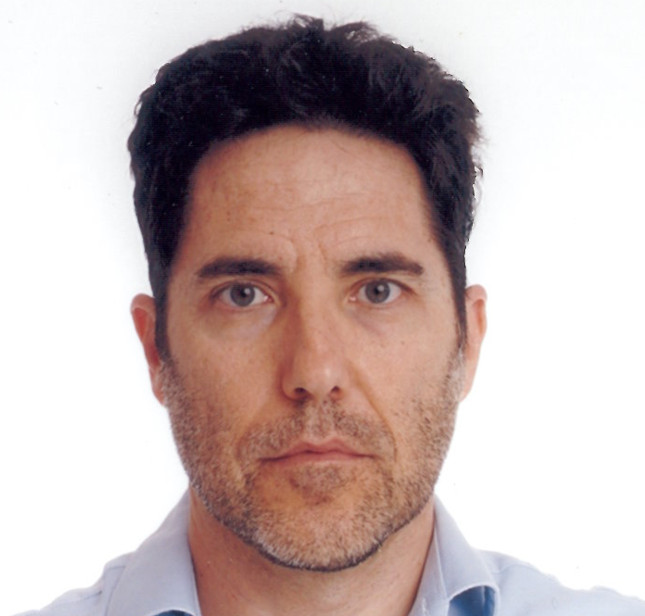
Guillermo Zaragoza – WP2
Dr Guillermo Zaragoza is a senior researcher in Spanish Research Centre CIEMAT (Centre for Energy, Environment and Technology Research), currently head of the Solar Thermal Applications R&D unit of Plataforma Solar de Almería (PSA), Spain. He is also co-leader of the “Desalination and Photosynthesis” R&D Unit of CIESOL (joint centre of University of Almería and CIEMAT), and the Spanish representative in the Executive Committee of the Technology Collaboration Programme on Heat Pumping Technologies of the International Energy Agency.
His main research is focused on the application of solar energy to desalination in the water-energy-food nexus. In particular, his main expertize is membrane distillation, having worked during several years with solar-powered membrane distillation at pilot scale. He has coordinated CIEMAT’s participation in 11 EU R&D&I projects, and participated in more than 20 international R&D&I projects and contracts with companies, leading the “Solar Desalination” research activities at PSA-CIEMAT.
Guillermo Zaragoza has a PhD in Physics, has held academic positions at the University of Oxford and the Spanish Research Council, as well as the greenhouse technology research facility of Cajamar Foundation.
He is ambassador of the Water Europe platform and leader of the Working Group on Renewable Energy Desalination.
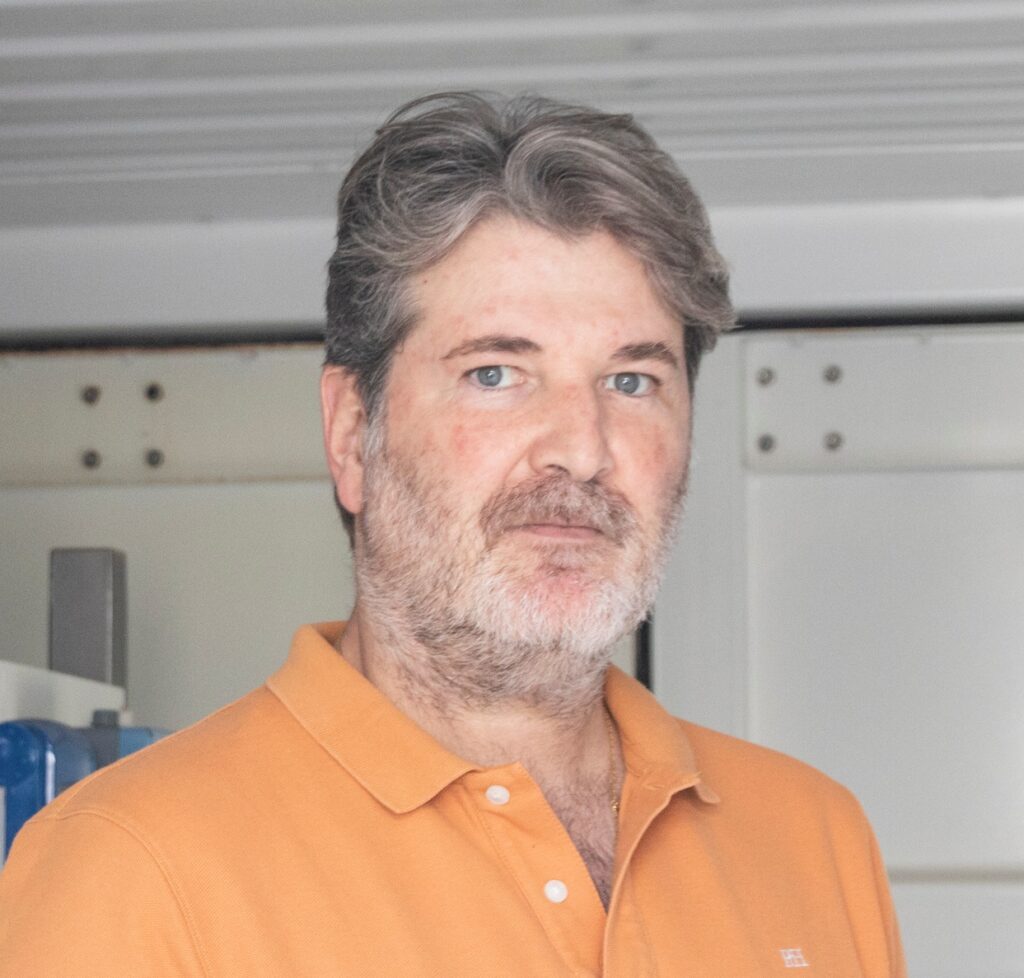
Juan Antonio de la Fuente- WP3
Juan Antonio de la Fuente is a senior researcher at the ITC (Canary Islands Institute of Technology), working on the desalination research line of the Water Department. BA in Marine Sciences and Chemical Engineering, his main research is focused on the evaluation of different desalination systems powered
by renewable energy sources (mainly solar photovoltaic and wind), as well as in the testing of different energy recovery systems for seawater reverse osmosis (SWRO) desalination plants. Technical analysis, design, modelling and simulation of SWRO desalination units. Lecturer in introductory courses on desalination with renewable energies. More than 25 publications. He is a researcher in the DESAL+ Living Lab platform (coordinated by ITC) and part of the European Desalination Society (EDS) Scientific Committee.

Giorgio Micale – WP4
Giorgio Micale received a Laurea cum laude in Chemical Engineering from Università di Palermo in 1993 and a PhD from Università di Napoli in 1997. He joined University College London as a Lecturer in Chemical Engineering in 2000, promoted to Senior Lecturer in 2002. He is currently Full Professor of Chemical Engineering at Università di Palermo. His early research interests were focused on the analysis of mixing processes and multiphase flows in stirred tank reactors. In 2001 he was the recipient of the “Young Researcher’s Award” by the Working Party on Mixing of the European Federation of Chemical Engineering. Research interests were als devoted in the field of Fluidization Dynamics. Current research interests are in the fields of Renewable Energy Desalination Processes, Salinity Gradient Energy and Valorization of Brines. He contributed and is currently contributing to a number of European collaborative research projects within the 7th Framework Programme, the Horizon 2020 and the Horizon Europe Programmes. In 2014 he was awarded the Senior Moulton medal by the Institution of Chemical Engineers. In 2017 he cofounded the academic spin-off ResourSeas, which was awarded the Italian National Prize of Innovation (Industrial Section) for the sustainable use of seawater following a circular economy approach. He has edited and co-authored books on “Seawater Desalination. Conventional and Renewable Energy Processes”, “Sustainable Energy from Salinity Gradients” and “Salinity Gradient Heat Engines”.
Team Members
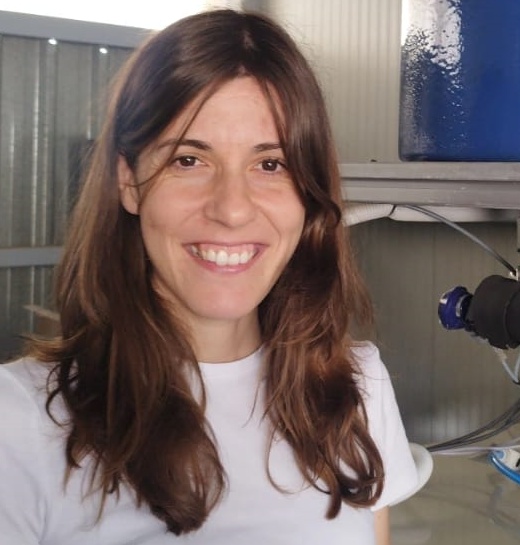
Alba Ruiz-Aguirre
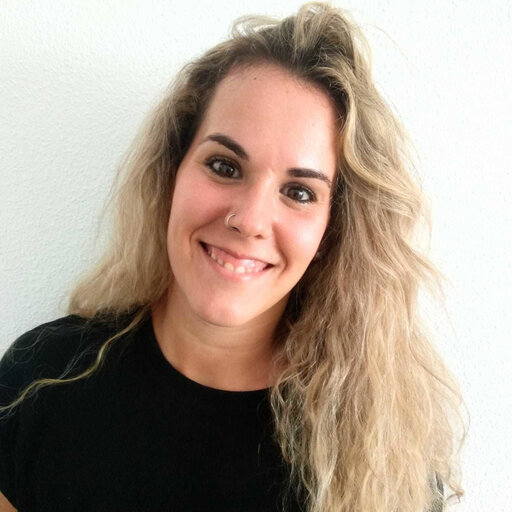
Ana Ruiz Delgado
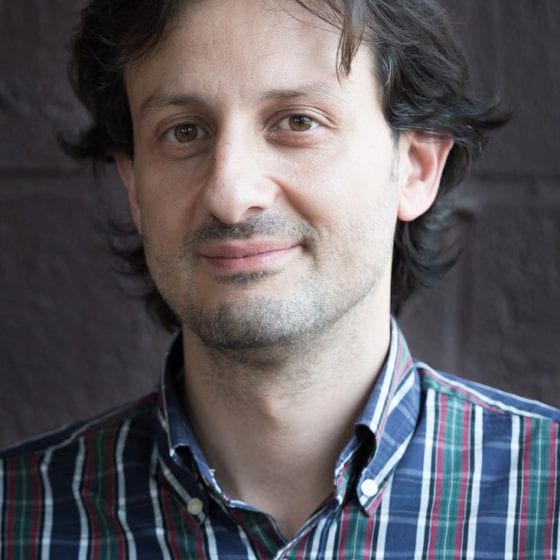
Andrea Cipollina
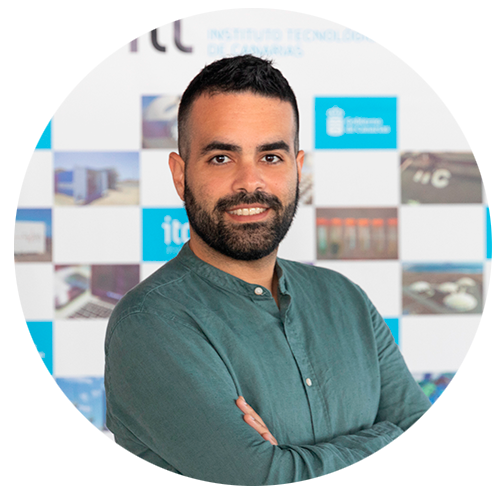
Ángel Rivero Falcón
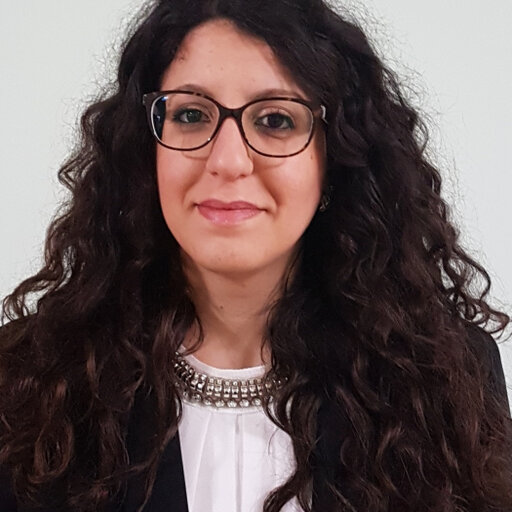
Antonia Filingeri
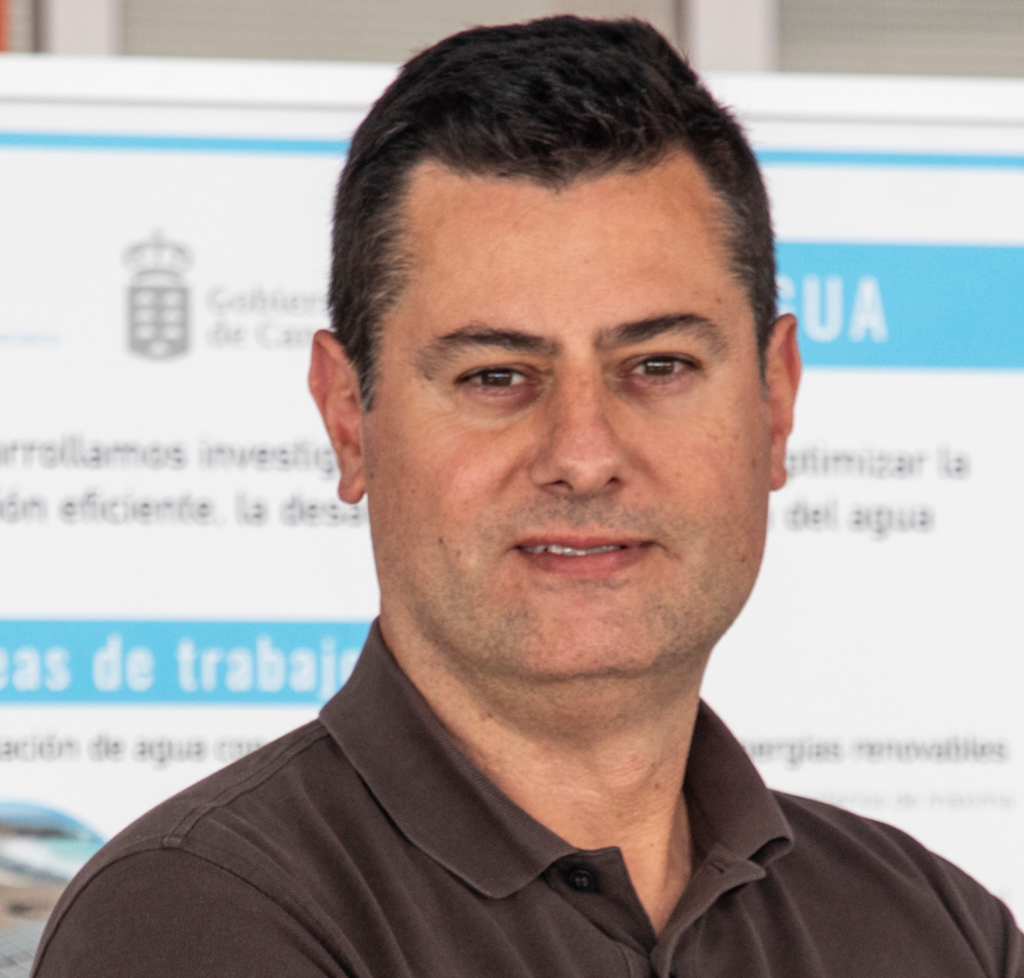
Baltasar Peñate Suárez
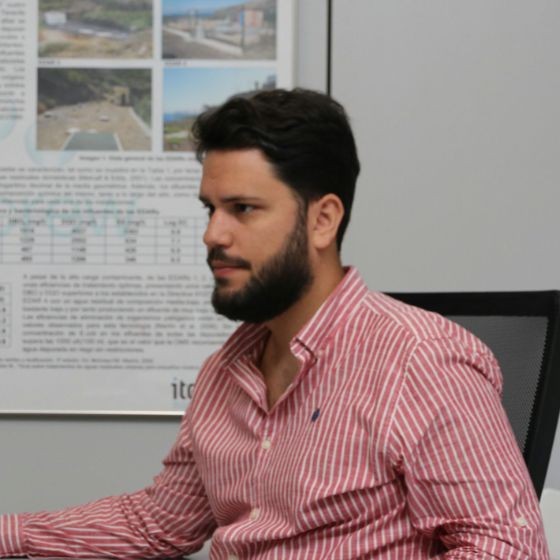
Carmelo Mena García
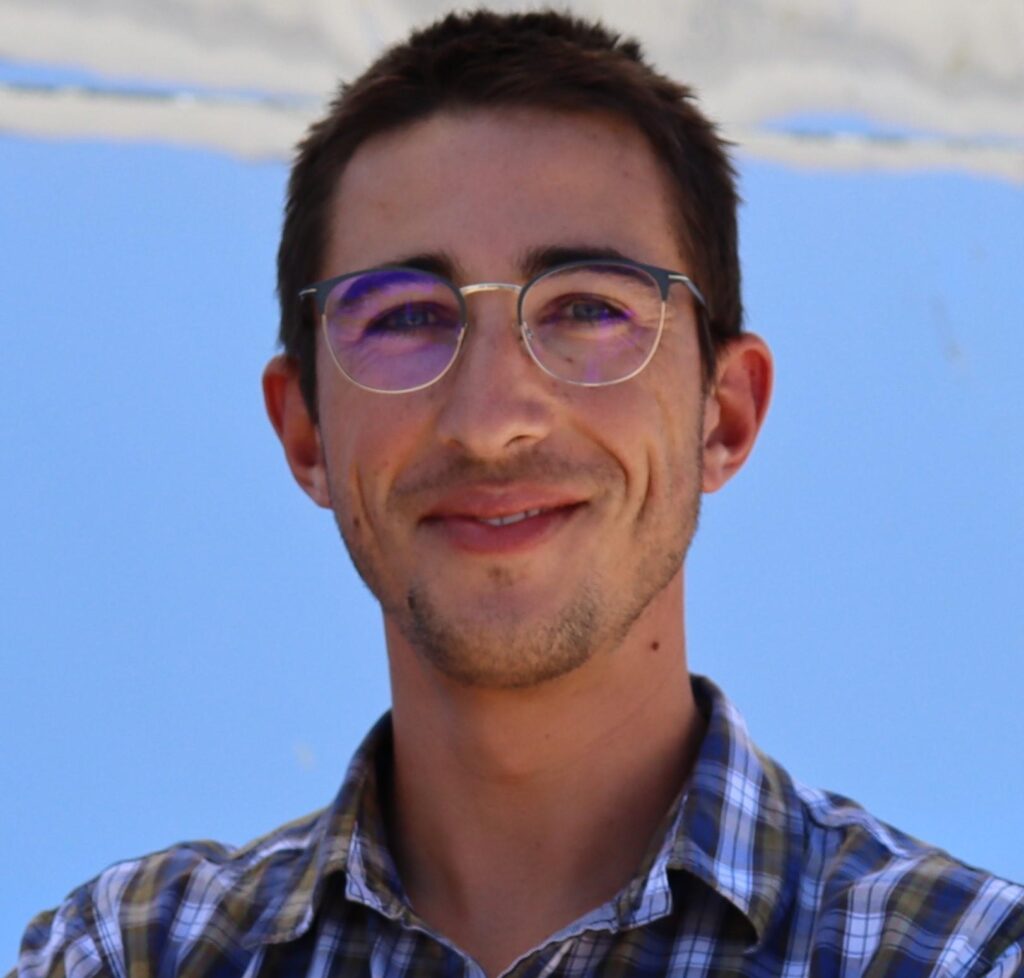
Frederico Felizardo
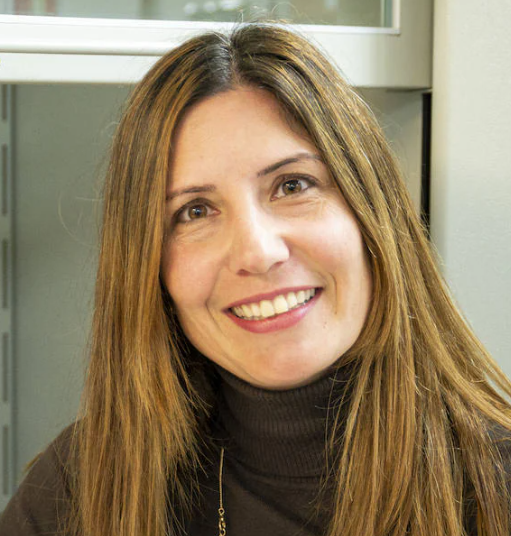
Isabel Oller Alberol
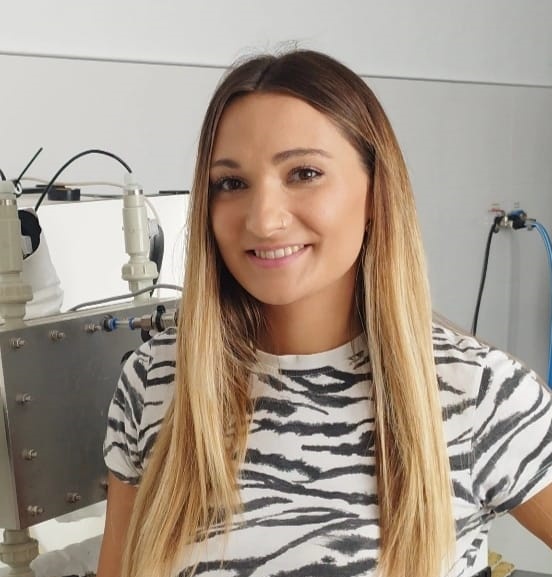
Isabel Requena
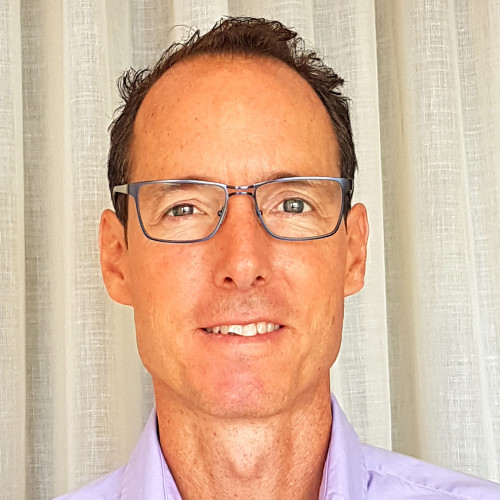
Javier Acerete

José Eduardo Castanheiro
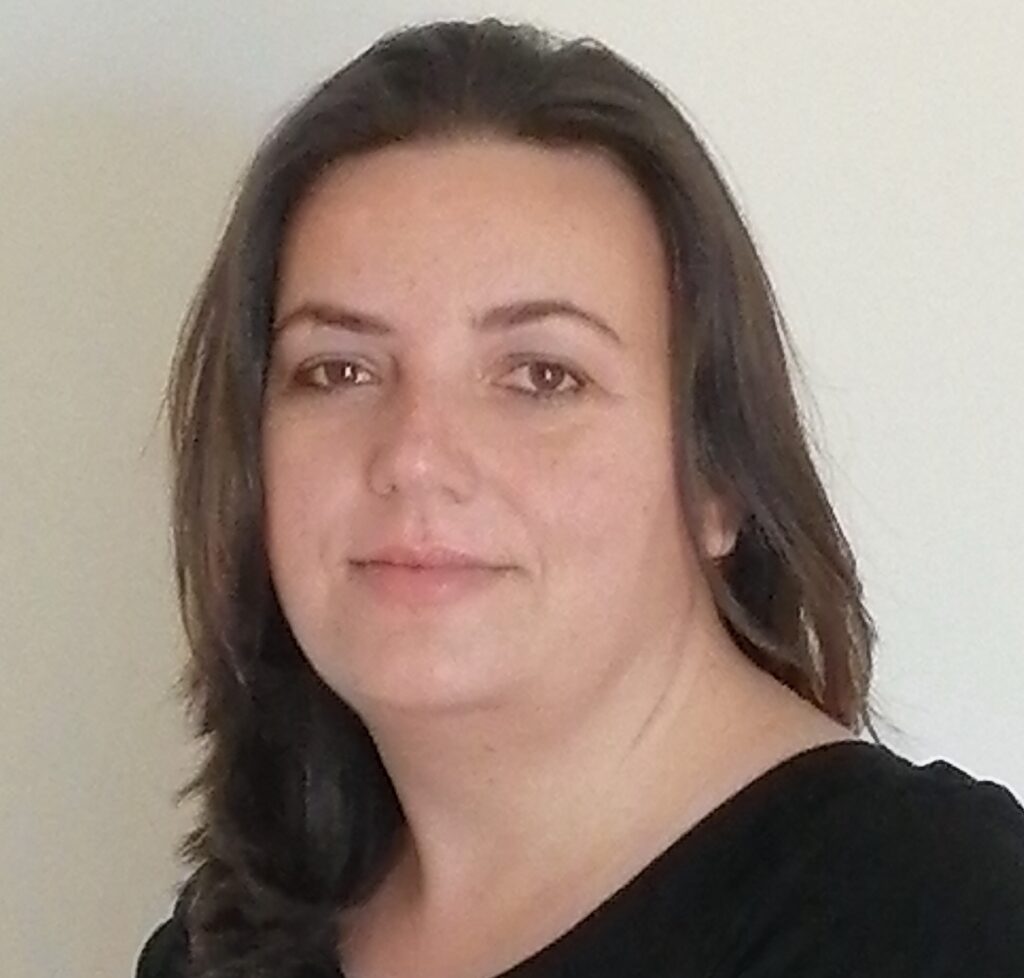
Maria Helena Novais

Maria Manuela Morais
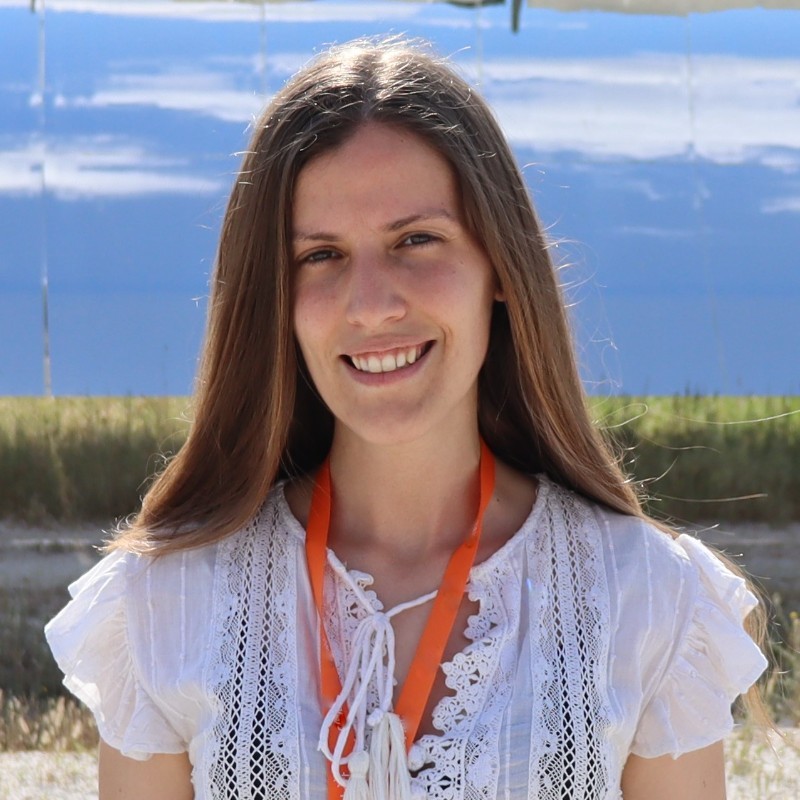
Paula Martins
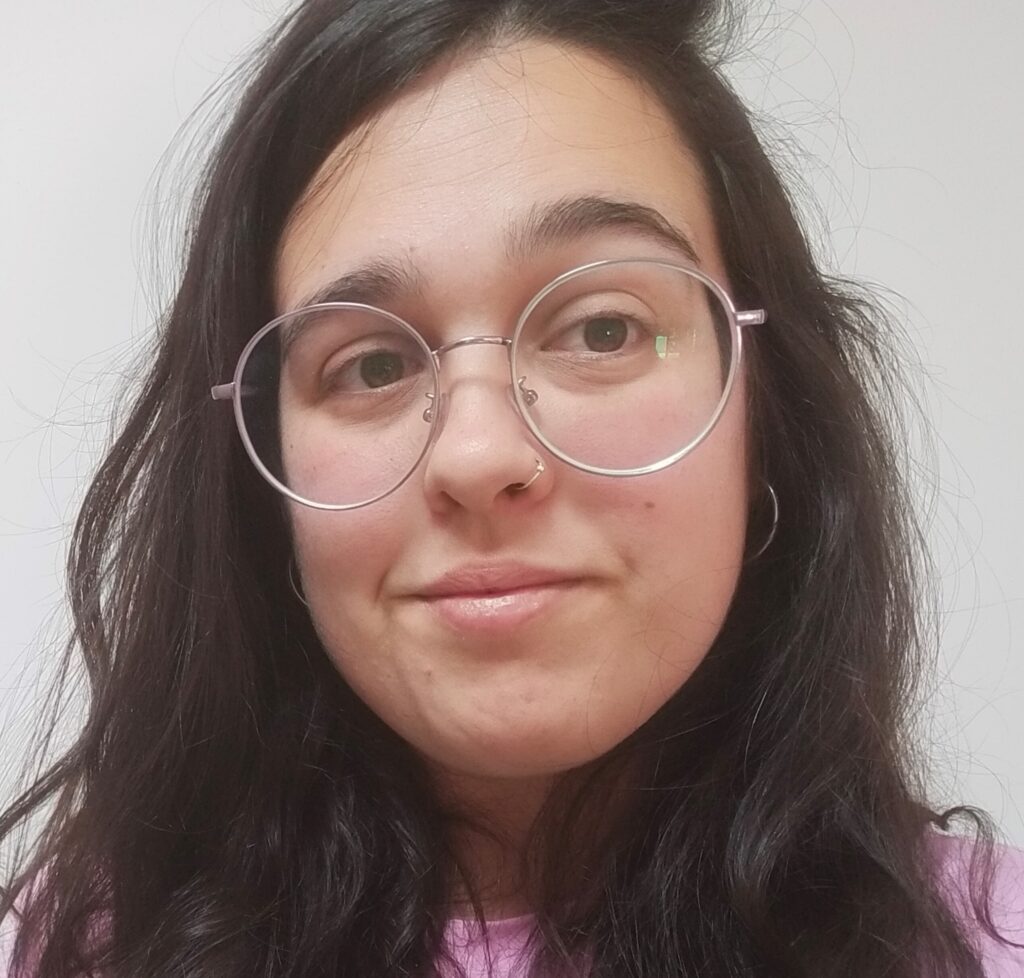
Paula Serrano Tarí
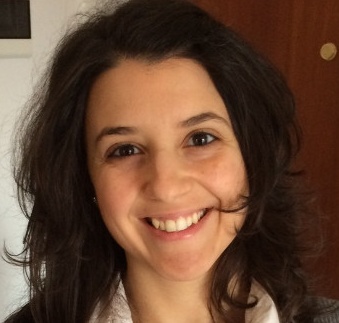
Serena Randazzo
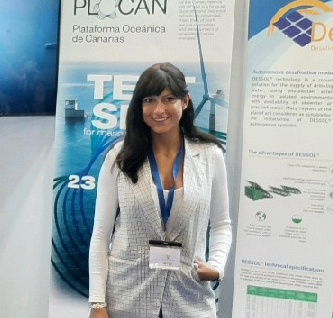
Sigrid Arenas
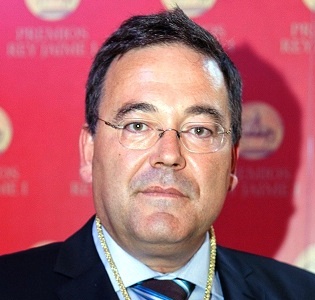
Sixto Malato

Yanira López
